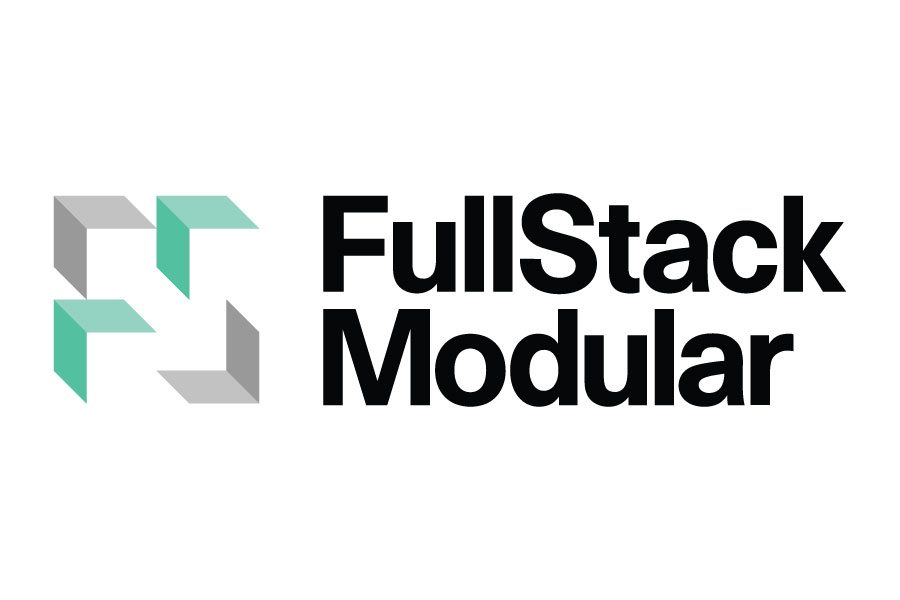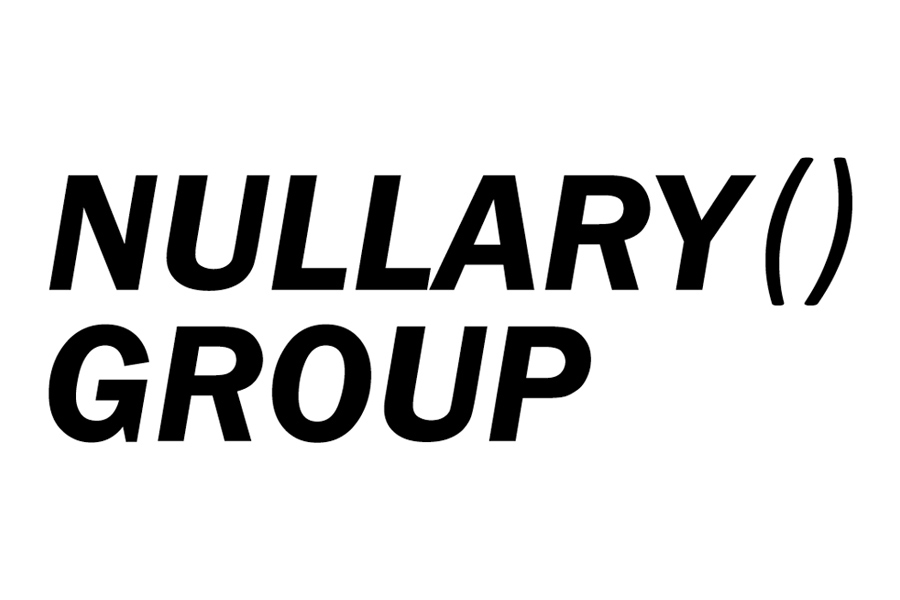Center for Offsite Construction
Vision
Industrialized construction is a rapidly growing, highly durable trend improving the design and delivery of U.S. buildings. The Center for Offsite Construction (CfOC) acts as an epicenter for effective offsite construction practices in North America, including research practices, consensus building, and education. The CfOC guides community outreach and industry partnerships to produce standards, publications, and collaboration. It exists to answer the expanding nationwide demand for the next generation of offsite professionals, researchers, and teachers.
To learn more about the Center’s vision for the future of configure-to-order construction productivity, find the full Vision on The Future of Design & Delivery.
Mission
To make architecture and buildings that are affordable to everyone and sustainable for our planet.
The Center’s niche involves being the best organization in the nation at producing well-researched, cross-platform, effectively implemented offsite construction technologies. Its resonance involves establishing a hub of shared knowledge around off-site construction and serving as a catalyst for the industry.
In doing so, the Center focuses on:
- Introducing urgently needed open-source, collaboratively-drafted standards, based on project experience, to align industry efforts in the adoption of offsite methods and collaborate with the ANSI, ICC, ISO, or similar standards organization for sustained growth, maintenance, and versioning.
- Fostering critically needed technologies in supporting areas for offsite construction. These include new methods of finance, the evolution of legal frameworks, marketplace organization, supply chain diversity, software development, and others.
- Graduating qualified professionals in the field of designing and delivering buildings with offsite methods. To equip those graduates with rigorous knowledge and skills to occupy key jobs in the local, state, federal, and international organizations, as well as in the private sector, in architecture, engineering, construction, manufacturing, and related fields.
- Sponsoring and contributing to world-class offsite construction gatherings, symposia, and workshops. In doing so, to provide a venue for research activities and endeavors for students, professionals, and peers promoting efficiencies in building practices.
Goals
- Establish well-designed standards that ease collaboration in the field, expand offsite construction markets and product offerings, and promote the wide adoption of offsite construction techniques.
- Catalyze new types of lending, contracts, and software for offsite construction that embraces innovative applications of modular technology.
- Improve undergraduate and graduate programs that offer the knowledge of modern industrialized construction methods.
- Design and execute research projects producing data-driven outcomes, industry-focused software, and outside investment—as partnerships, grants, or licensing.
To learn more about the Center’s read The Future of Design & Delivery.
The Future of Design & Delivery
The Future of Design & Delivery (FoD&D) is the public home of the Center for Offsite Construction’s ongoing research, dialogue, and collaboration. Built as a platform rather than a single publication, it brings together a constellation of voices—industry experts, researchers, and practitioners—who are collectively reshaping how buildings are conceived, produced, and delivered.
At its core, the FoD&D site is an evolving library of the Center’s work: essays, podcasts, symposia, research roadmap, and reports that unpack the deeper ideas driving construction’s transformation. Its Philosophy section distills insights from complexity economics, industrial design, and manufacturing systems to explain how the built environment can become faster, smarter, and more sustainable. The Vision describes a future industry capable of moving a multifamily building from concept to completion in months, not years. The Modes trace how we arrived here—charting the shift from hand-built craft, to modular fabrication, to today’s configure-to-order production ecosystem. And the Research Roadmap offers a transparent view of what’s next: the Center’s active standards, degree programs, and industry pilots.
But FoD&D is more than an archive—it’s a gathering place. The Build Ahead blog features commentary and field notes from Senior Research Fellows and partners across the offsite ecosystem. The Future of Design & Delivery podcast brings these conversations to life through interviews and roundtables with thought leaders advancing modularization, manufacturing-informed design, and legal innovation. And each spring, the annual Future of Design & Delivery Symposium convenes these collaborators in person to debate, refine, and publish the frameworks that guide the Center’s work for the coming year.
Together, these efforts form an open, continually expanding platform for research and reform—one that invites anyone invested in the future of building to participate, contribute, and stay informed as the industry evolves.
Meet the Team
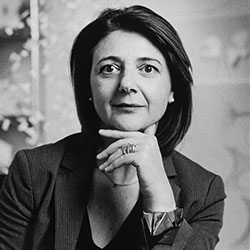
Maria R. Perbellini, M.Arch, Assoc. AIA
Dean
School of Architecture and Design
Maria.Perbellini@nyit.edu
Maria R. Perbellini is the Dean of the School of Architecture and Design, New York Institute of Technology. Previously she served as associate dean for graduate programs in the College of Architecture at Texas Tech University (TTU).
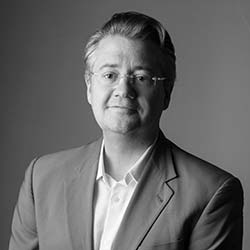
Jason Van Nest, M.Arch., RA
Director
Associate Professor
jvannest@nyit.edu
Jason Van Nest is an architect, educator, and entrepreneur with over 25 years of experience designing housing in architecture firms based in New York, New Haven, Atlanta, and Key West. He has spent more than half a decade advising modular firms serving the hospitality space. He holds tenure as an Associate Professor of Architecture and is President of the Academic Senate at New York Institute of Technology.
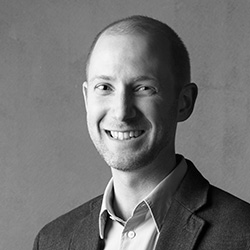
Mathew Ford, M.Arch., RA
Managing Director
Associate Professor
mford05@nyit.edu
Mathew Ford is an architect and educator. His research combines the collaborative nature of structures and architecture, technology in teaching fundamental structural concepts, and the larger implications of technology in the built environment. In addition to teaching and coordinating structures in the School of Architecture and Design, Ford has conducted extensive research on Peter Eisenman’s work, writing, and impact as an educator.
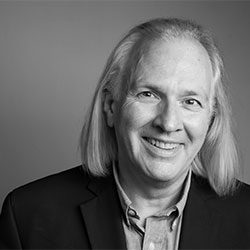
Michael Nolan, M.F.A.
BIM/VDC Research Fellow
Associate Professor
mnolan@nyit.edu
Mike Nolan, associate professor of architecture, is a computation consultant, musician, sound designer, producer, and composer. As a consultant, he has run a decades-long practice helping architects bring new computation technologies into their practices. Recent projects have been in BIM (Building Information Modeling) and VDC (virtual design and construction) for the volumetric modular building sectors, working with offices such as Danny Forster&Architecture, Gluck+, Kliment Halsband Architects, MiTek Corporation, and others.
Research Opportunities
- The Center for Offsite Construction is focusing research in FY 2025 on maturing modular connectivity standards, increasing access to lending programs, and furthering innovation within manufacturing processes.
- With a healthy research program in place for standardizing the ways buildings host modular products, the Center welcomes the involvement of industry professionals and prototype engineers in advancing this work.
- The Center’s work in mapping the existing lending programs for U.S. modular construction has revealed large gaps between production innovation and modular project delivery. New lending programs must be developed to fill this gap and ensure comprehensive support for future projects.
- A five-year feasibility study of current modular practices is reporting early conclusions on missed efficiencies in U.S. modular manufacturing practices, calling for a new description of best practices for 21st-century offsite construction.
- As the Center takes a holistic approach to the complete delivery of modular buildings, we highly value collaborators with training that illuminates innovation in the financial delivery of buildings, the technical administration of construction projects, and the dynamic engineering challenges involved in moving large pieces of buildings.
- To apply to become a research fellow at the Center for Offsite Construction, please forward a CV of past work experience and publications, a portfolio of relevant projects delivered, and a proposal for research topics to be explored with Center resources to Mathew Ford, Managing Director at mford05@nyit.edu.
Senior Research Fellows
- Sara Torrelko (2024 – 2026)
Modutize
- Sneha Kumari (2024 – 2026)
Merlin AI
- Michael Ferraro (2024 – 2026)
FullStack Modular
- Benjamin Hall (2024 – 2026)
Green Canopy NODE
- Jason Buchheit (2024 – 2026)
Danny Forster & Architecture
- Apoorva Pasricha (2025 – 2026)
Cloud Apartments
- Connor Bailey (2025 – 2026)
DPR Construction
- Edward Palka (2025 – 2026)
Edward Palka Architecture
- Alexandra Donovan (2025 – 2026)
Assembly OSM
- Samuel Williams (2025 – 2026)
Matechi
- Steve DeWitt (2025 – 2026)
Custom Building Configurators
Academic Program Support
In every discipline, the experience born from research, collaboration, and project delivery enriches classroom experiences.
The Center for Offsite Construction staff are research professors and practitioners. They are tasked first with supporting architectural and engineering practices that engage real-world project delivery issues. Then CfOC staff must bring these topics to their teaching—with lively classroom discussions, contemporary collaborative projects, and networking opportunities with fellow students, faculty members, and industry professionals.
The center serves as a New York City hub for these exchanges, where contemporary practitioners of building information modeling (BIM), virtual design and construction (VDC), and manufacturing disciplines engage the U.S. affordable housing crisis, the post-COVID push to convert disused office space and other urgent applications.
Student Researchers
- Nicole Acosta, Architectural Technology
- Greg Brown, Architecture
- Sindhu Maradi PC, Energy Management
- Despina Melissinos, Architecture
- Amrutha Nagamalli, Management
- Emanuel Nektalov, Construction Management and Architectural Technology
- Arth Patel, Digital Art and Design
- Harshil Thumar, Computer Science
Support the Center
- The Center aims to gather a wide range of support from all types of entities that will make the 21st-century construction industry more sustainable.
- Financial support is needed in two areas: 1) at the advisory level to help launch new projects, and 2) at the project level to help propel innovations forward and bring them to conclusion.
- Technical expertise is needed to support existing connectivity standards projects, requiring a wide variety of experienced collaborators. We welcome new introductions to real estate developers, general contractors, prototype engineers, financiers, and other researchers to detail innovation.
- For questions or to support the center, contact Jason Van Nest at jvannest@nyit.edu.
Initial Supporting Partners
The following organizations have given their time, interest, advice, or other resources to launch the Center for Offsite Construction in its initial projects:
- Advanced Building Construction Collaborative
- The American Institute of Architects (AIA)
- Amie Gross Architects
- Alquist3D
- Bensonwood
- B.PUBLIC PreFab
- BuiltWorlds
- Colorado Housing and Finance Authority (CH&FA)
- CarrBuilds
- Danny Forster & Architecture
- Dave Cooper LIVE!
- Eisenman Architects
- Empire State Development
- Enduring Planet
- Entrepreneurship & Technology Innovation Center (ETIC)
- FORRM Architects
- GreenCanopyNode
- HUD – Department of Housing and Urban Development
- Humans of the Internet
- KieranTimberlake
- National Association of Home Builders
- National Housing & Rehabilitation Association
- National Renewable Energy Laboratory (NREL)
- Nibbi PreFab
- MerlinAI
- Offsight, Inc.
- The Office of Congressman Tom Suozzi
- ReFrame Systems
- RMI – Carbon-free Building Initiative
- Sanders Pace Architecture
- Structural Building Components Association (SBCA)
- Seamless
- Studio A+H
- TEAMprefab
- Terner Center for Housing Innovation
- TMBR
- VANTEM
- Vermont Futures Project
- Volumetric Building Companies (VBC)
Location
Center for Offsite Construction
New York Tech School of Architecture and Design
1855 Broadway, Room 1108
New York City, N.Y. 10023
USA
